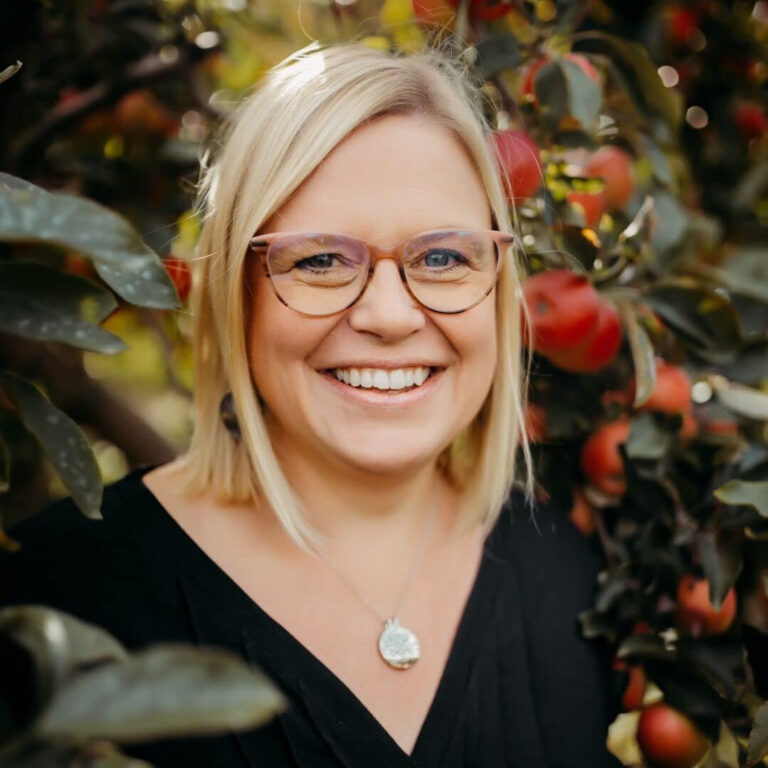Yesterday I found myself looking back through my camera roll at pictures from last February. I shook my head a bit at my oblivious self snapping pictures — the one who thought nothing of hosting a bustling baby shower in my house or packing into a crowded arena for a concert with 12,000 of my closest friends.
I oscillate between amusement and disbelief when I think back on my quick response to a friend’s text message on February 26, 2020 when she asked, “Are you worried about this?”
“The Coronavirus?” I responded, “Nope!” The wide-grinning emoji I threw in at the end of my message especially taunts me now.
I was talking with a teacher recently who admitted to feeling something like PTSD as we approach the one-year anniversary of the day our world stopped — she said she keeps waking up in a cold sweat as we near March.
“It is easy to be wise after the event,” assured Arthur Conan Doyle’s Sherlock Holmes.
Maybe. It also seems that any wisdom that comes in hindsight is hard fought, that it takes a decent amount of brain space and energy to continually ask ourselves the question: what am I learning?
Moving forward in an intentional way involves a lot of sorting. And it involves grief.
My grandmother died at age 91 in November after many months of lonely decline in the nursing home. Due to the complications of the pandemic, it wasn’t until a week ago that I was finally able to sit down with a couple of other family members to dig through boxes and boxes of pictures, yellowed newspapers clippings, old church bulletins, and decades-old handmade Mother’s Day cards made sweeter by her children’s early penmanship and misspellings.
In her book Out of Sorts, Sarah Bessey writes about participating in her own grandmothers’ final sort-through after death, both a “place of reckoning” and as “an altar.” She writes: “But as we make small piles of treasures and trash, we are sorting through a life and through our grief, making the way clear to move forward.”
I am drawn to this kind of sorting: looking back and trying to figure out who was who, what year it was, where and by whom the photo was taken. The very act of holding all those pieces of my grandmother’s life in my hands stretched open a space for my grief, but also made room for new understanding and perspective: to see and remember my grandmother not as an old woman, but as a baby, a teenager, and a young mother.
In those boxes were plenty of smiling photos, but also reminders that those were not all easy years. Grandma was born in 1929. There were photos of mission buses and brothers standing beside tanks in military uniforms. There was a church bulletin from 1944 with details of the church bells “ringing rather long” upon the coming invasion of Europe, asking everyone to join their hearts and voices in prayer.
When we look back and try to put the pieces of a life, the pieces of our own lives together, we find an earthly, everdayness to God’s grace. The yellowing of photographs and time mixes to create both a quiet balm and a tangible melancholy. It’s not complete understanding or perfect wisdom, but maybe a bit more of assurance that we are part of a larger story. That the trajectory of our lives extends beyond our deaths.
I was reminded of this again the day after the sorting. Our church has been incredibly grateful to have Mary Hulst, Calvin University Pastor, preach for us during a time of pastoral transition and during a final sermon in a series titled “Living in God’s story,” she reminded us of what N.T. Wright writes in his book, Surprised by Hope:
“The point of the resurrection…is that the present bodily life is not valueless just because it will die…What you do with your body in the present matters because God has a great future in store for it…What you do in the present—by painting, preaching, singing, sewing, praying, teaching, building hospitals, digging wells, campaigning for justice, writing poems, caring for the needy, loving your neighbor as yourself—will last into God’s future. These activities are not simply ways of making the present life a little less beastly, a little more bearable, until the day when we leave it behind altogether (as the hymn so mistakenly puts it…) they are part of what we may call building for God’s Kingdom.”
I immediately wrote out these words in my notebook and then returned to read and re-read them over and over the last several days.
These moments, even the ones we can’t quite make sense of yet, these days, even the ones too close in the rear view mirror to see very clearly matter. These days we live in now, even the ones that feel beastly, matter because the everyday work of showing up will last into God’s future.
And, while the world may seem to be falling apart, there are chances, even if seemingly insignificant ones, to be part of the work of looking back, learning, and finding a path forward.





